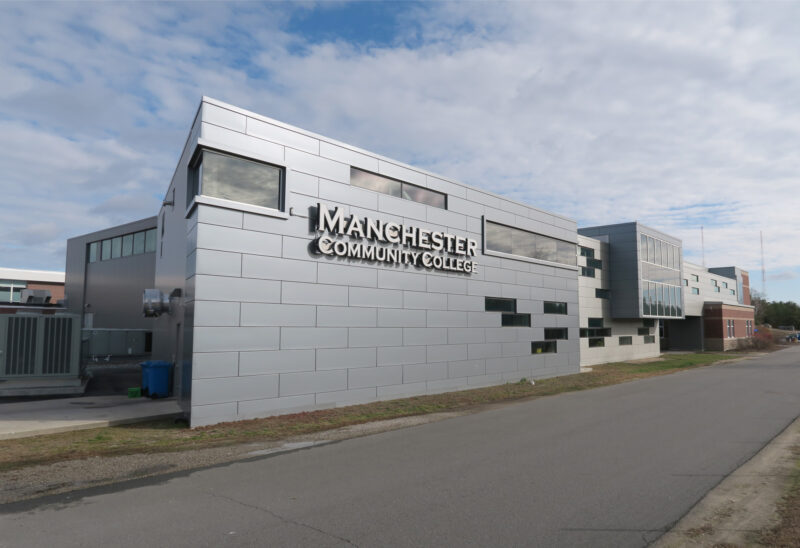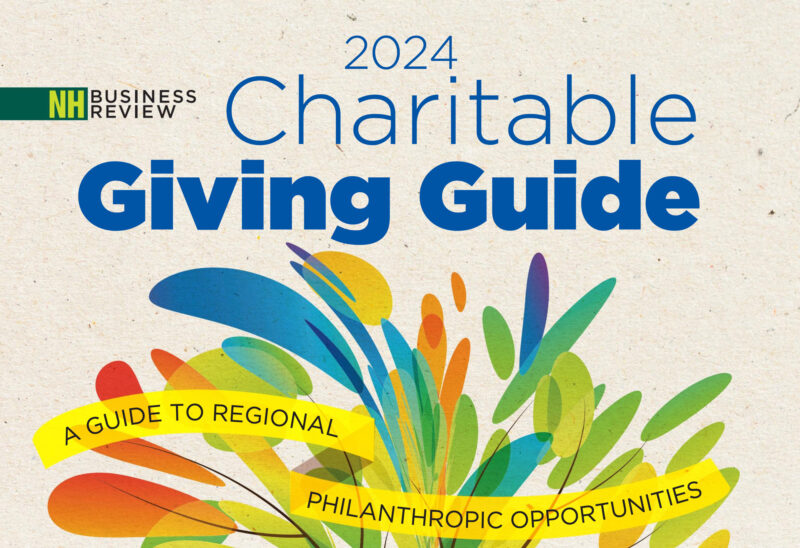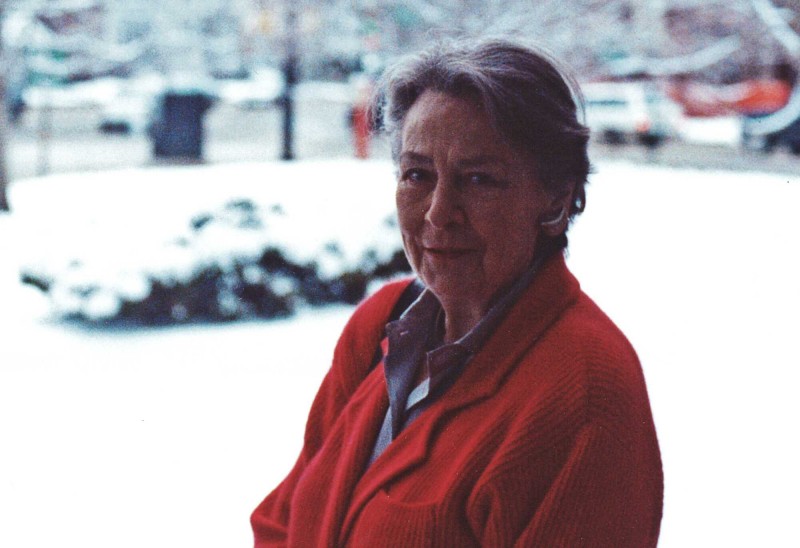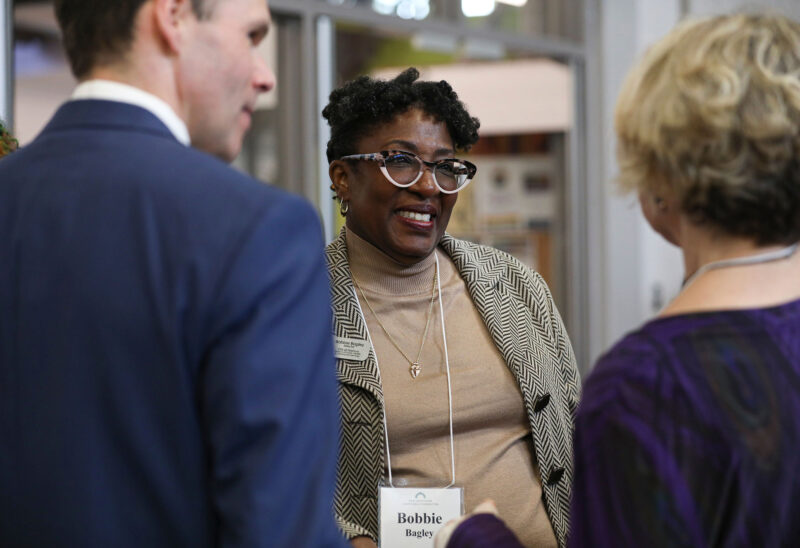Rick Peck is the Foundation’s new vice president of development and philanthropy services. He had development roles at Dartmouth-Hitchcock Health, the Geisel School of Medicine and Dartmouth College, where he worked with donors on planned and leadership giving. He spent seven years as a personal financial advisor with American Express Financial Advisors. Peck is a Certified Financial Planner®, a Chartered Advisor in Philanthropy® and a Chartered Financial Consultant®.
What appealed to you about coming to a community foundation?
Anyone who had ever talked to me about the New Hampshire Charitable Foundation spoke about it with a sense of awe and pride that it was a part of our state and doing great things. And about how it was really here to make a difference, to all the parts of the state that need help. There are problems in the state, and the Foundation is identifying those problems and asking people to join in and be the conduit of change. I went to a Foundation annual meeting and it was actually transformational for me. The event really nailed the spirit of what philanthropy was all about, and the impact of working on things together to make a difference. So when the opportunity came, I said “I want to be a part of that.”
What drew you to philanthropy in general?
Initially, I was drawn to the technical aspects of how my skill set could be applied in a philanthropic setting. And then when I started working with donors and saw the impact of their philanthropy on people’s lives, and what that philanthropy meant to them, I knew I was in the right place.
I worked with a gentleman who had to go to work after he finished eighth grade to help support his family. He ended up working his way up in a lumber mill and did very well. And he wanted to help kids who could not otherwise afford it to go to medical school. He and his wife will also be endowing professorships and funding a center for research and treatment. And what a legacy that is for them. They will help generations of students through medical school and help improve treatment for diseases over time. That is the power of philanthropy.
You talk about being a “connector…”
There are terrific ideas out there and real thought leaders and people who are doing incredibly good work. And then there are donors and prospective donors who are looking for solutions and they don’t know where to go. I think of myself as a matchmaker. If I can say ‘describe exactly what you’re trying to accomplish, thought leaders, and put a dollar amount on that and make it so that it’s actionable.’ And then bring the donors in and say ‘You want positive impact? These are the different ways you can do that.’
So the Charitable Foundation is saying ‘let me help, let me be that guide for you, you want to do these things and make positive change, here are all the different options. How I can help you do that?’
I want to be a resource for people. And it’s not just transactional. It’s about building relationships based on mutual respect, and based on the fact that we’re doing good work together that is making a difference. So that’s important to me – to feel that I’m working with people closely, and connecting them with the things that matter most to them throughout the state.
You’re involved with the Grafton Senior Citizens Council and a lifelong learning program. Tell me about why those are things you give your volunteer time to?
The Grafton Senior Citizens Council feeds people, they are providing all kinds of senior services and need support to keep those services robust. So I am helping them come up with a strategy of communication. As my own parents aged, I recognized that there is a second generation of people, who are middle-aged and looking out for their parents, saying ‘I don’t know what’s out there for resources for my aging parents.’ I want to help them communicate for philanthropic reasons, to help keep these critical services in our communities, and to help them reach people just like me. And Osher@Dartmouth is a lifelong learning community. I started teaching a comprehensive estate planning course there…there are a lot of people who are interesting in engaging intellectually in a wide variety of subjects, and interested in engaging in volunteerism or they want to donate and want to help in their communities.
You live in Enfield…What is your ‘Why New Hampshire?’ story?
We moved to New Hampshire 17 years ago from Vermont. I came to work at Dartmouth Hitchcock and my wife to Dartmouth College. It seemed like a good place to be – halfway between her parents and my parents. So we basically picked up and set up camp in a place that we didn’t know and we found it to be a great place to live, a terrific place to raise a family, with a lot of intellectual stimulation as well as really high quality of life and convenience to lots of things – the Maine coastline, Montreal, New York, Boston. We’ve just become enamored with this place.
When people come to visit from out of town, what are the things you show them?
We’d probably drive into Hanover and hang out in Hanover and go to Shaker Village (in Enfield). In winter we would go sledding on the hill at La Salette … We don’t go too far. We just kind of hang out and they just get to appreciate where we live. There’s an organic farm next door. We’re between Crystal Lake and Mascoma Lake. When people come to visit us they’re looking to just kind of relax and take in the fresh air, enjoy the more quiet surroundings, go for ice cream at the local dairy bar…
So, I have to ask about this: You did standup comedy at one point?
Not standup comedy. Improvisational comedy. Standup comedy is when you stand up on stage, you have a routine, a scripted monologue – sort of like Jerry Seinfeld. He would get out and talk, and people would laugh.
Improvisational comedy is completely different. You’re usually with a group of people, you get up on stage and you ask the audience for suggestions like ‘give us a place where we would have this scene, give us a relationship between two different people, what’s a word that we would start out with?’ I came in contact with this when I went to see an ImprovBoston show. I just was totally blown away that people were making stuff up on stage, on the fly, based on audience suggestions and putting a cohesive scene together that was very interesting and very funny. So I took two courses and taught an improv course based on what I learned… eventually a group called Kamikaze Comedy was created, and I’m still a part of that… It’s so much for fun to go out there and go with the flow and if the audience loves it, it’s a huge rush and a huge thrill. And if it doesn’t work out, that’s okay – there’s another scene coming up and the audience is going to have a blast and so are we. It’s very family friendly comedy and that is a niche, believe it or not.
Your wife, Claudette, is a dietician… and you have two boys…?
Claudette’s specialty is people who have eating disorders, but she’s also a sports nutritionist. Our son Evan is 18, he’s going to the University of Vermont this year. He’s interested in music and film. And Jordan is going to be 17 next month. He’s interested in architectural design. They’re both athletes and musicians.
You grew up over in Springfield, MA, which is pretty far west of Boston. So one last important question: Yankees or Red Sox?
Definitely Red Sox.
That was the right answer.
devel

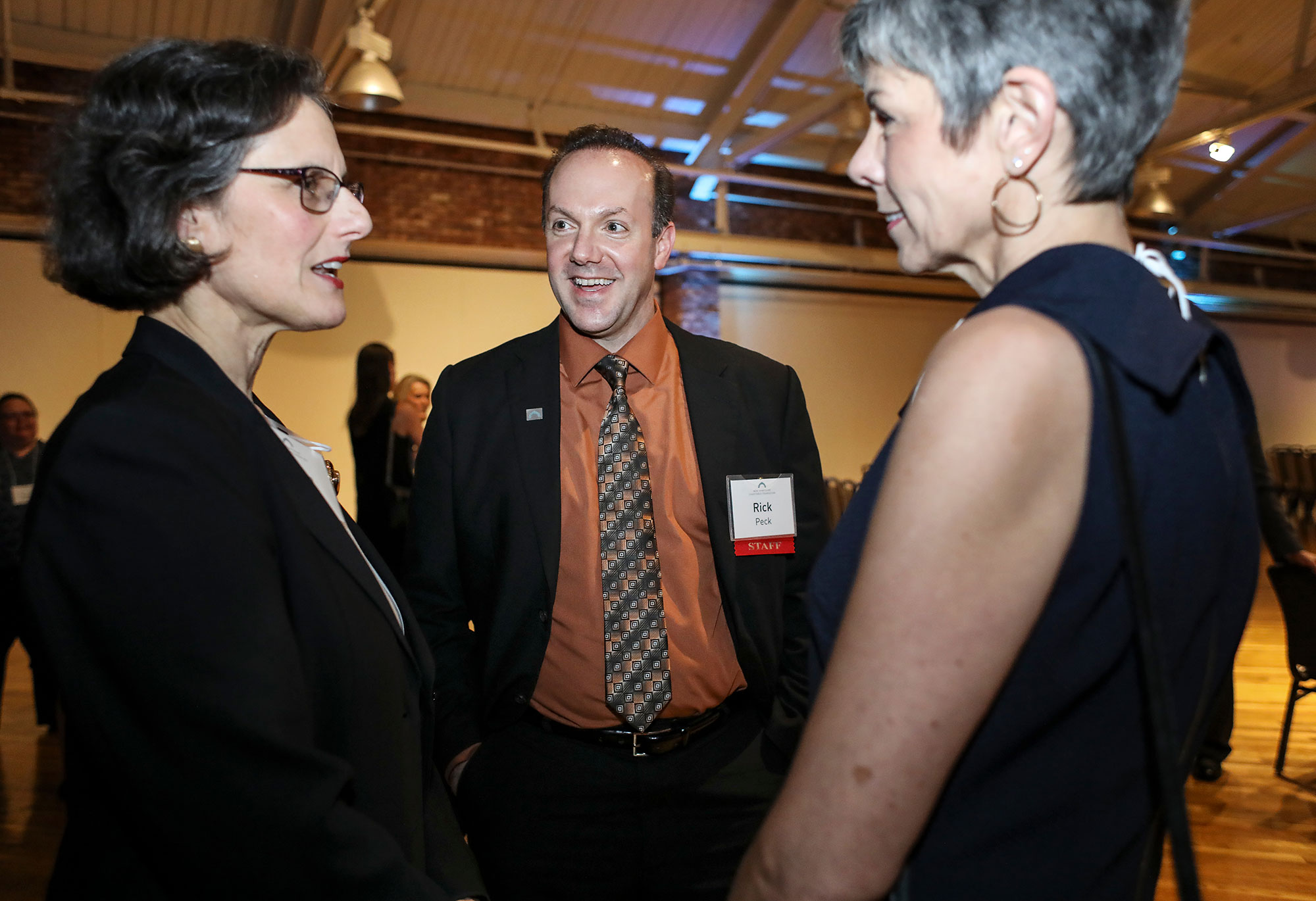







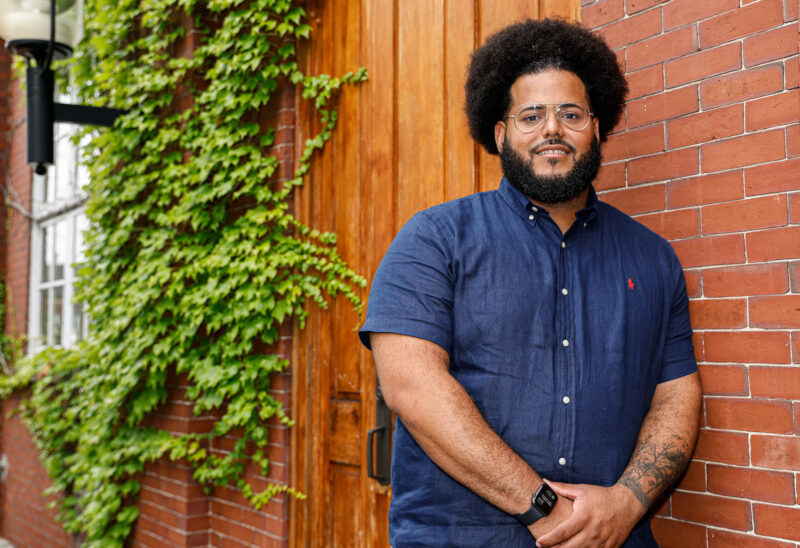

![Rev. Heidi Carrington Heath joined Seacoast Outright. [Photo by Cheryl Senter]](https://www.nhcf.org/wp-content/uploads/2024/05/Heidi-Carrington-Thumbnail-800x548.jpg)
![Dr. Jennie Hennigar treats a patient at the Tamworth Dental Center [Photo by Cheryl Senter]](https://www.nhcf.org/wp-content/uploads/2024/05/TCCAP-Hero-800x548.jpg)

